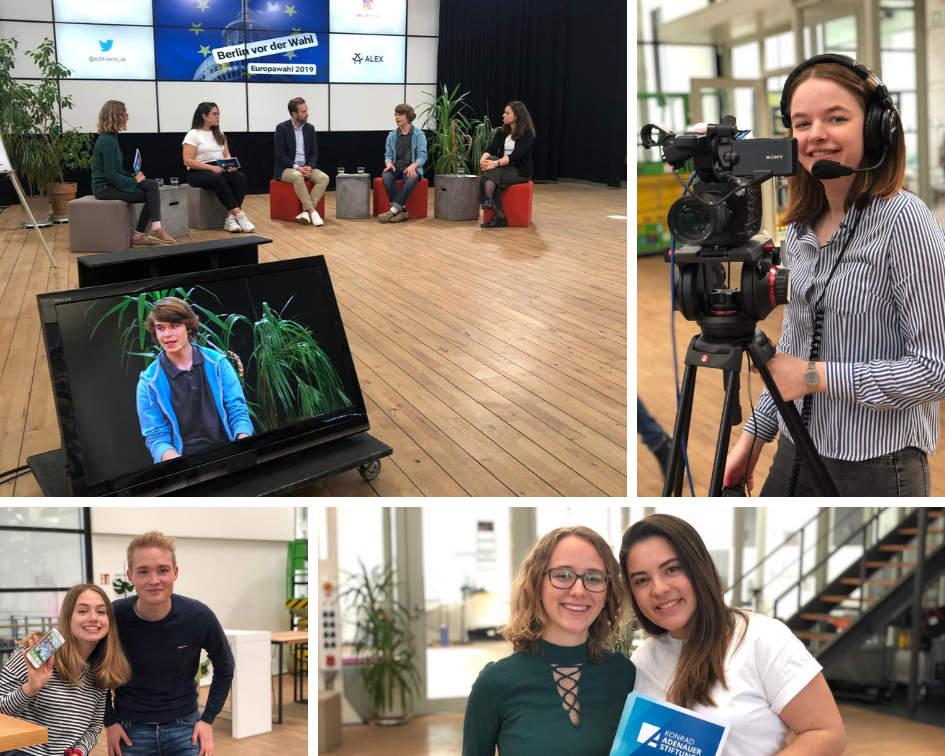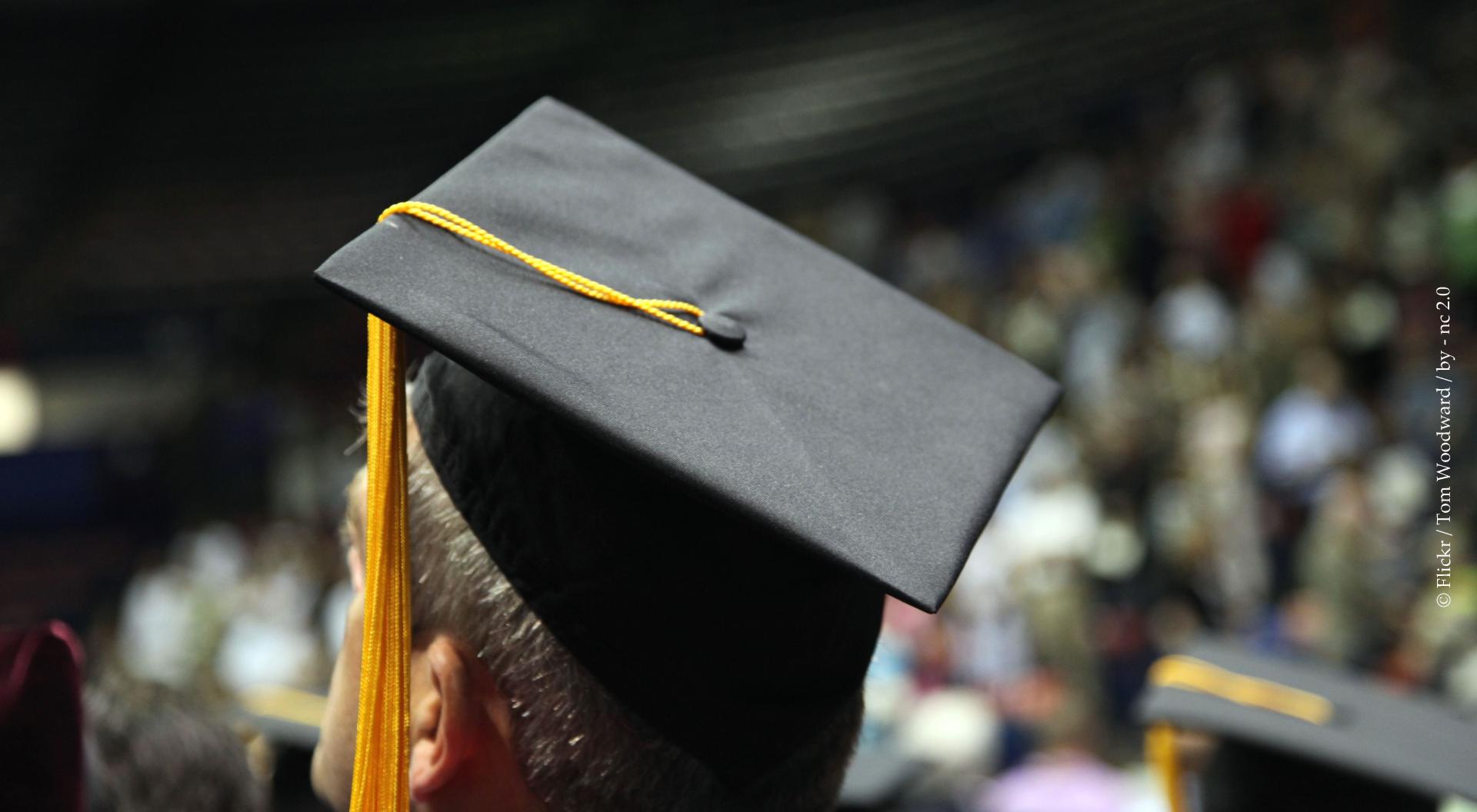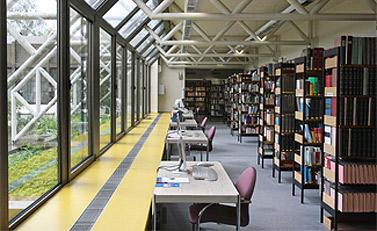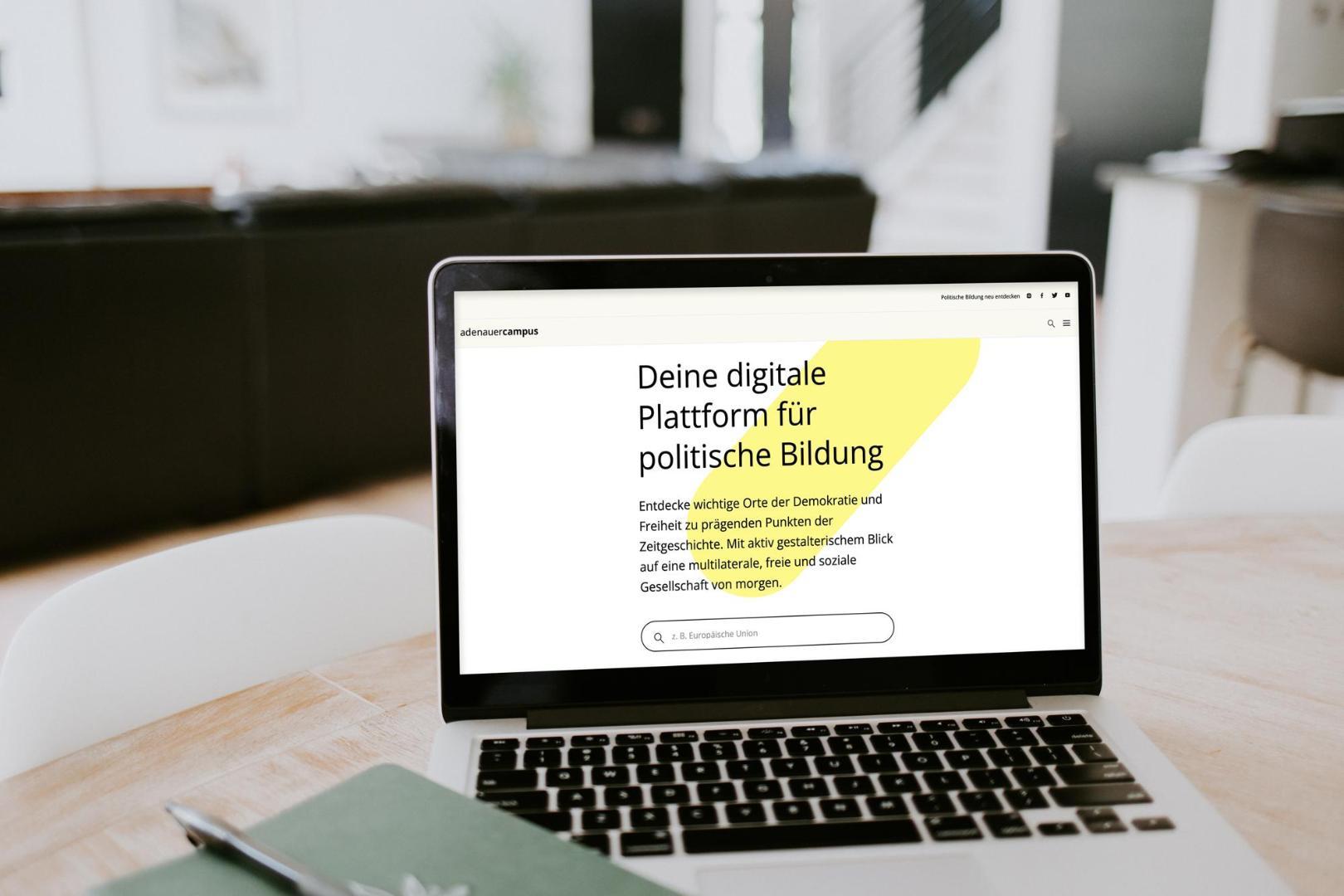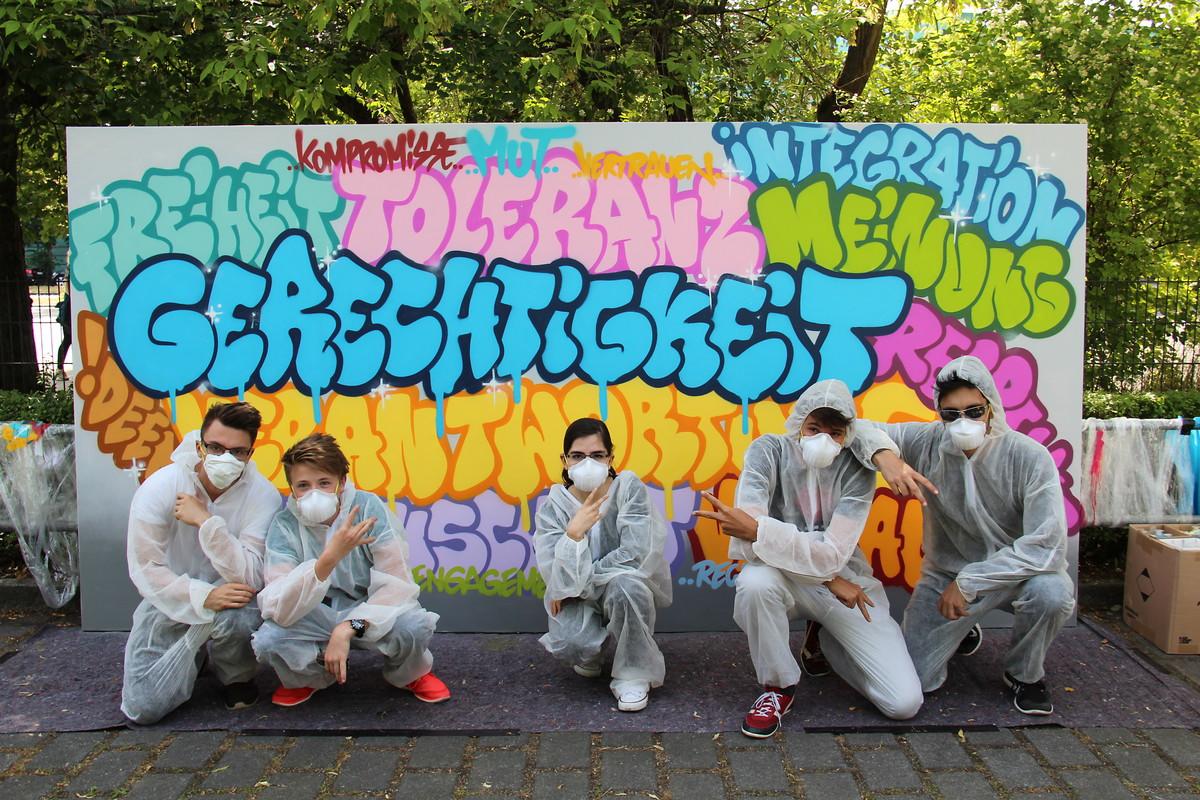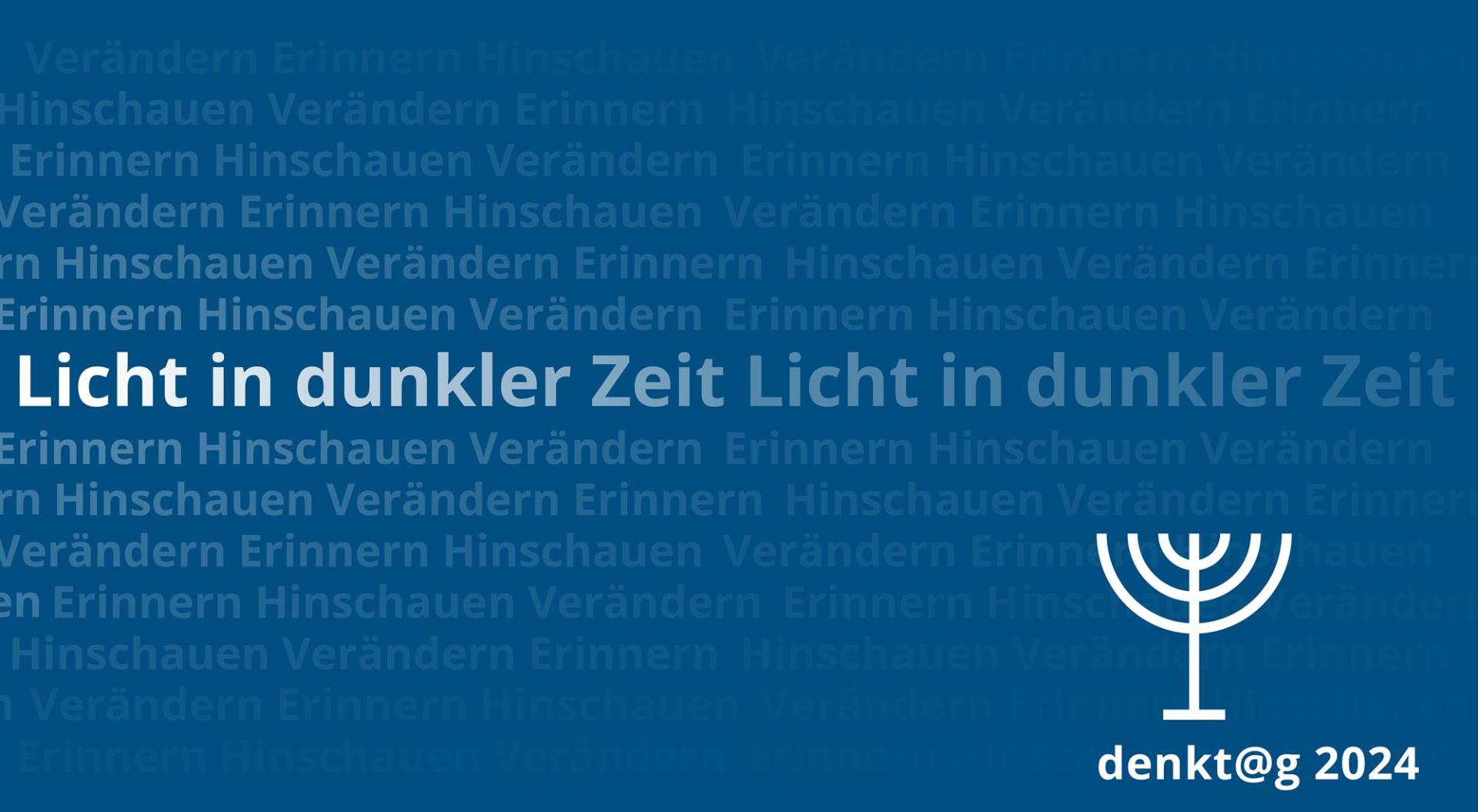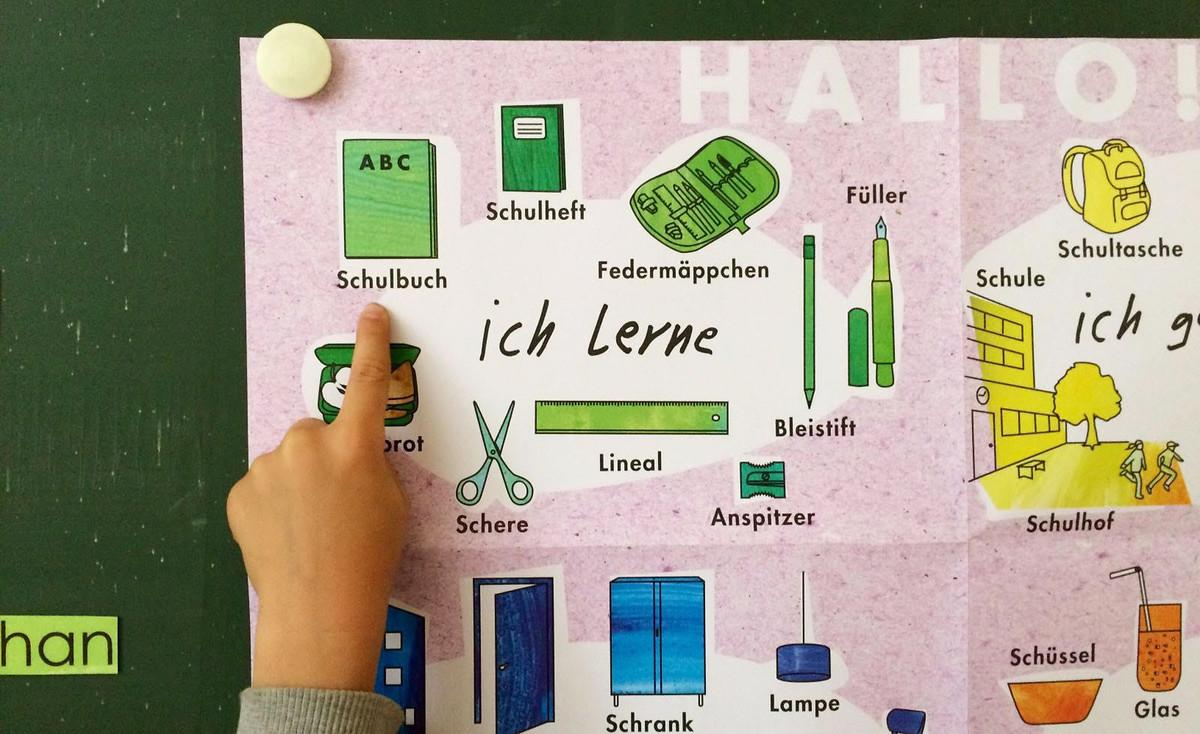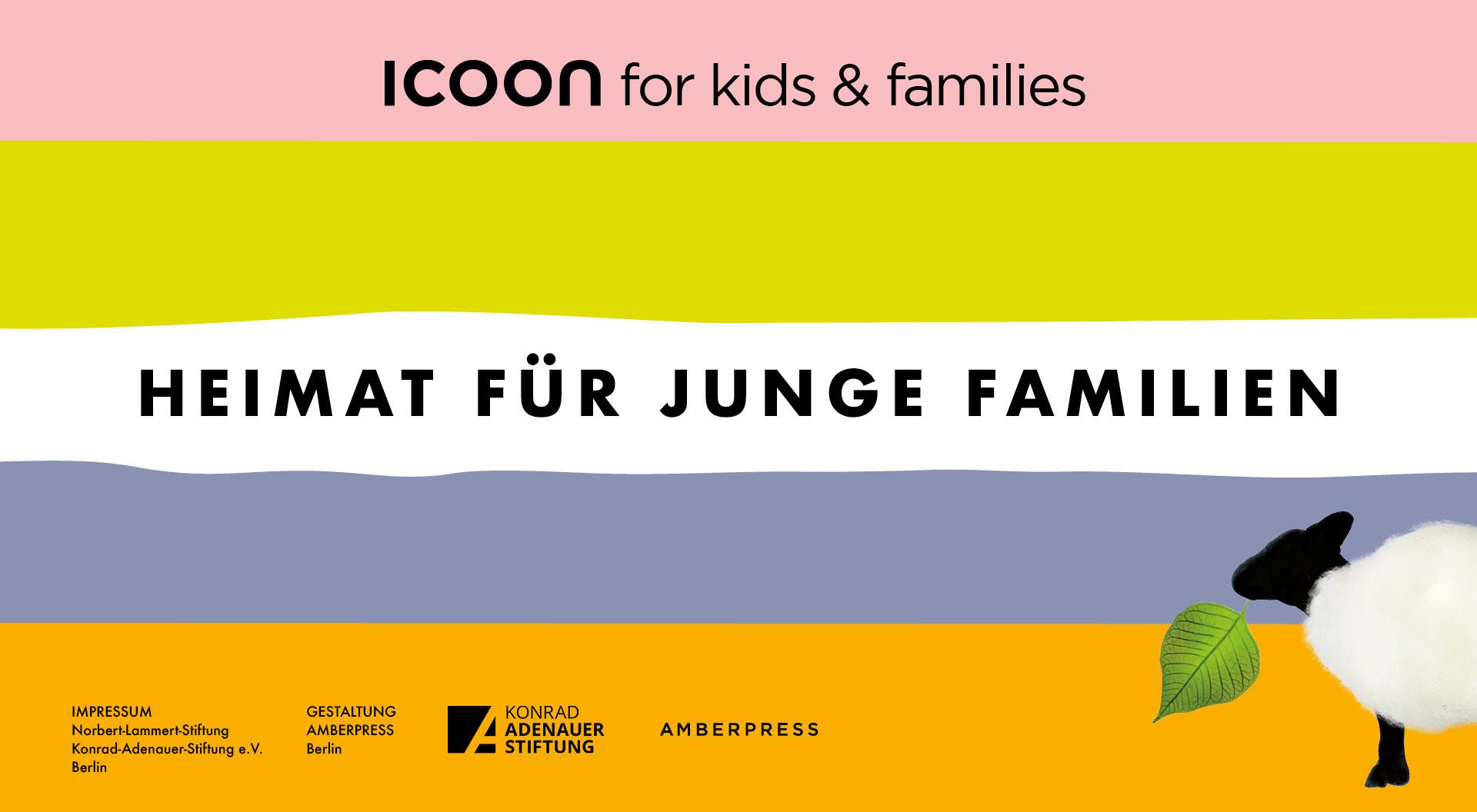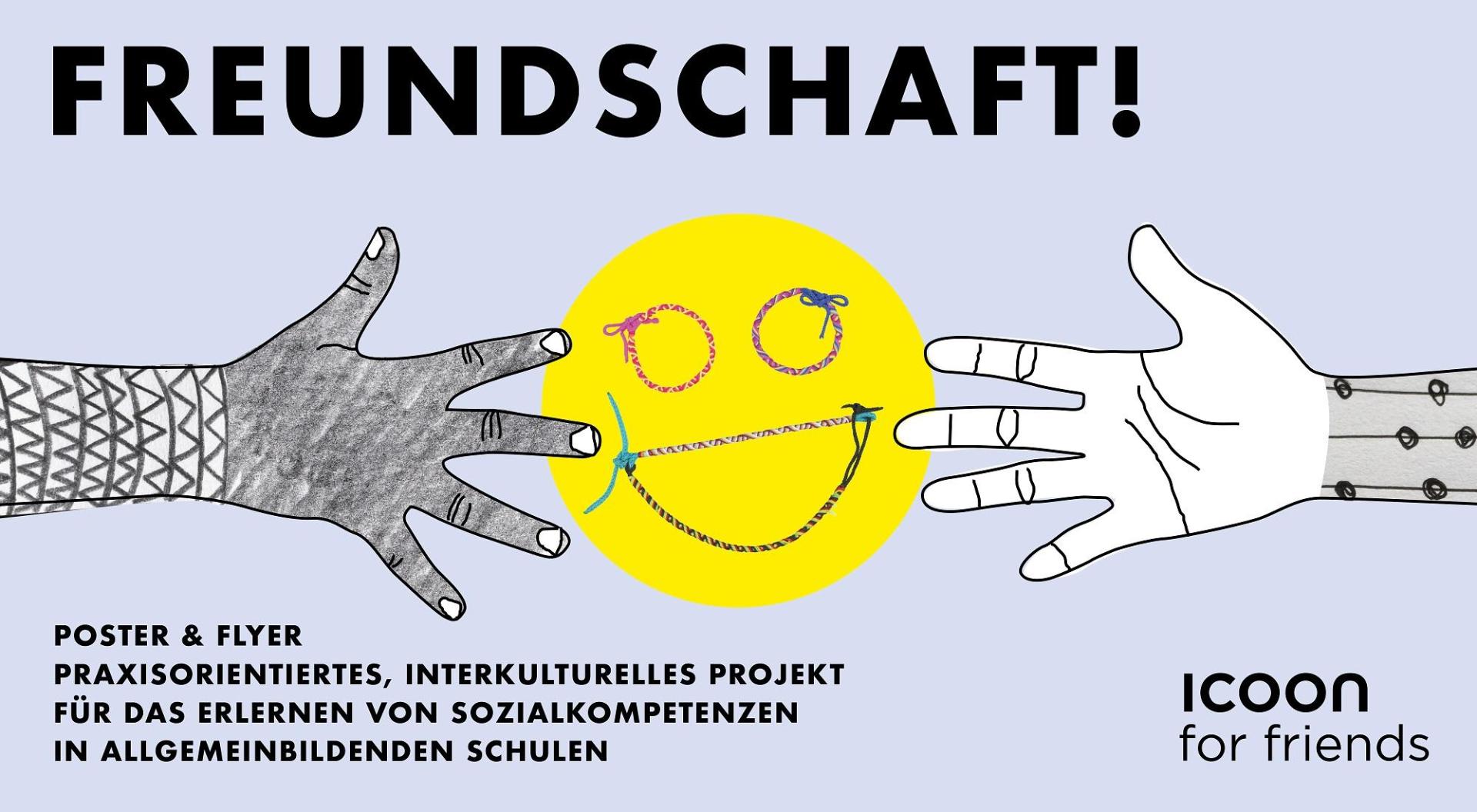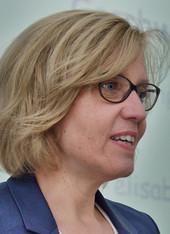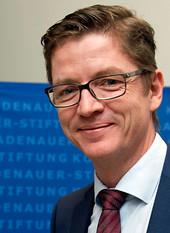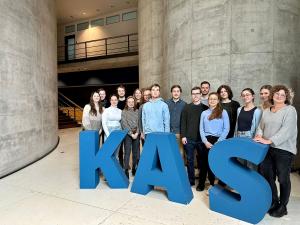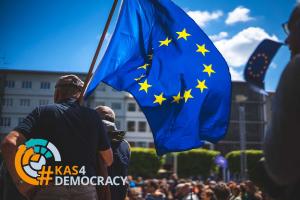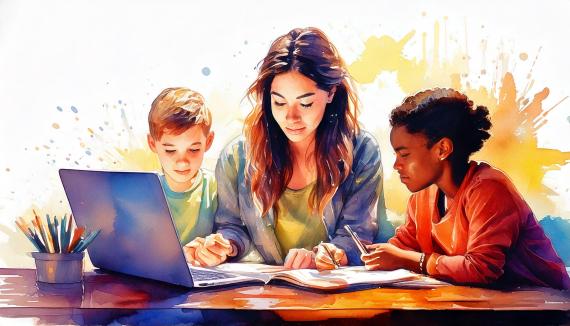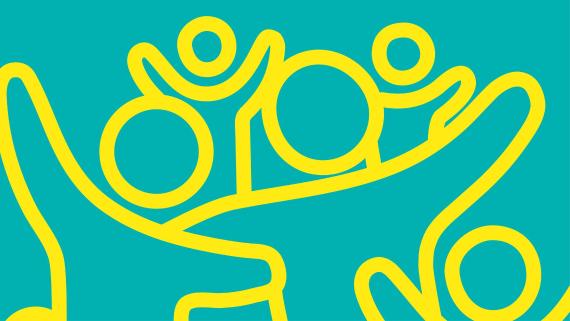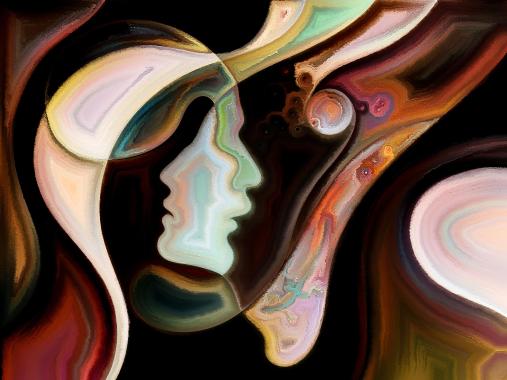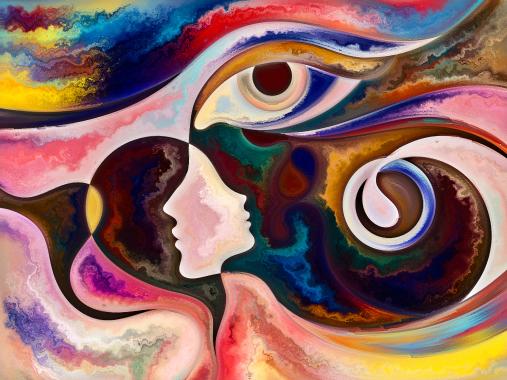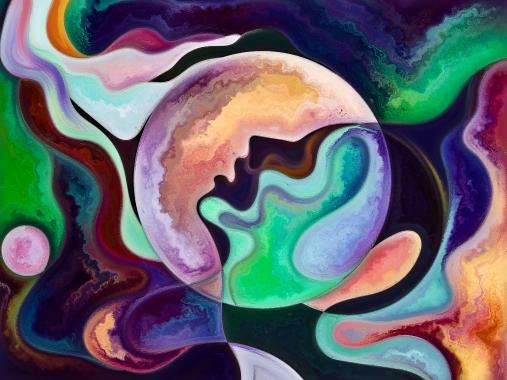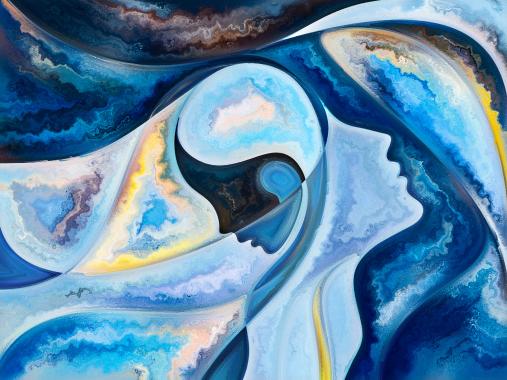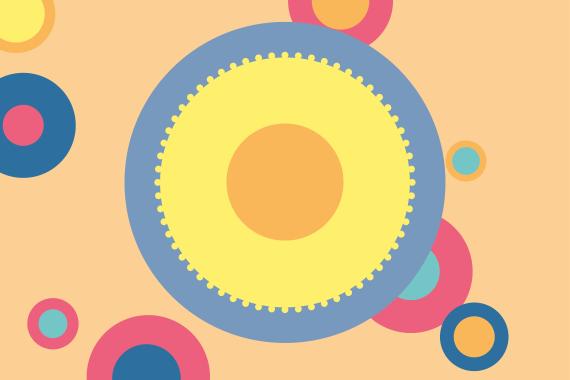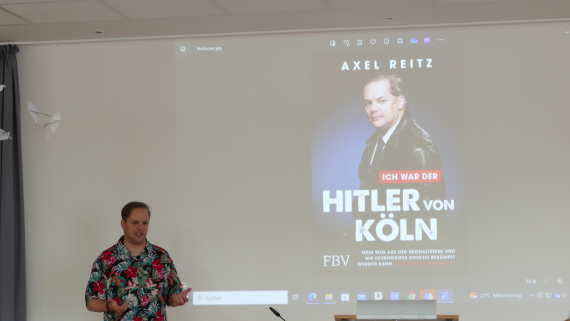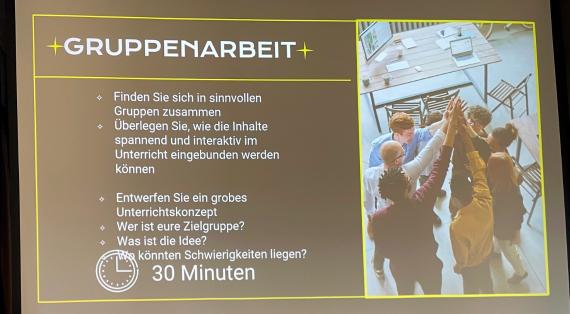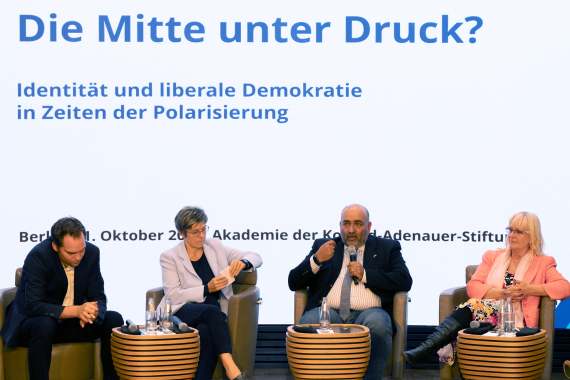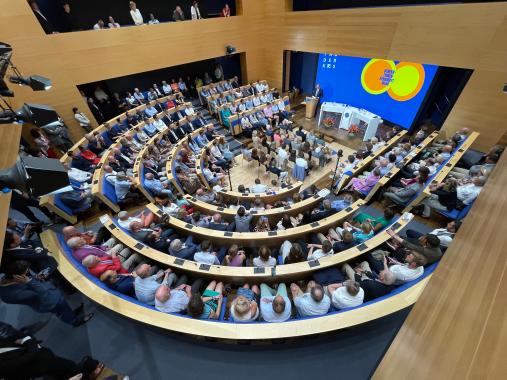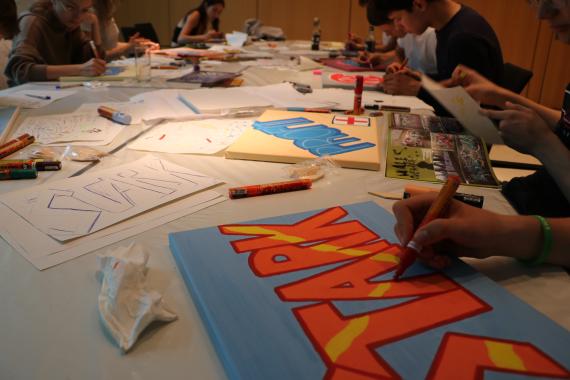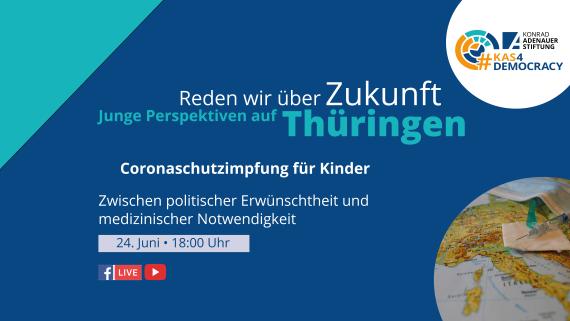I don't know who I am. But you know life is for learning.
At a glance
- Children, young people and parents are the future of our country. The Konrad-Adenauer-Stiftung therefore wholeheartedly devoted to giving them a good start.
- In studies, we analyse the situation of adolescents and their parents. Our position as a political foundation also enables us to act as a mediator and to place needs directly with the political representatives.
- How children grew up strongly depends on their family of origin. Our support for non-academic families, for example, helps to create equality of opportunity.
- Preserving and promoting democracy is our mission! We cannot do this alone. That is why we include young generations in our programmes with the aim of shaping our democracy together.
Content
1. A sympathetic ear for the life situations of adolescents and their parents
2. Promote and challenge young people and parents in their heterogeneity
3. Democracy is not a foregone conclusion
5. Our offers and projects on the topic
6. Publications, events and media contributions on the topic
Children, young people and parents are the future of our country – for us, that is more than a general statement. We devote all our energy to opening up good starting conditions for parents, children and young people, in Germany and in many other countries around the world. Our commitment derives from the Christian conviction that every human being, created in God’s image, has the same value and dignity.
A sympathetic ear for the life situations of adolescents and their parents
We use studies and meta studies to analyse the situation of children, young people and parents. “What do parents need to raise a child in an appropriate way”? We ask, and: “What do children and young people need for good development”? We focus on parents, educational institutions, the world of work and social developments. But we also explore the current wishes, needs, dreams and fears of parents, children and the “Y” and “Z” generations. To this end, we are in close exchange with practitioners in education, youth work as well as in science. We build a bride from the reality of life and science to political decision-makers at all levels.
Promote and challenge young people and parents in their heterogeneity
The vast majority of parents in Germany are good parents. More than ever before, most children grow up well cared for and happy. However, the way in which children grow up in Germany is still greatly dependent on their birth family. Especially very young parents, unemployed parents or those with unresolved cultural problems often find it difficult to focus on their child. Our support for young people from non-academic families, for instance, brings us one step closer to equality of opportunity. While the promotion of highly gifted students also makes up a large part of our work. We would like to focus our work on young parents who do not have access to a lobby.
Democracy is not a foregone conclusion
We understand democracy as our precious heritage, which we want to build together with the young generations. For us, democracy is a value that shapes everyday life and the way people cooperate with others, while also sustaining the humanity of societies. At the same time, we carefully observe anti-democratic tendencies in our society. We provide space for encounter and further education in which topics important for a vibrant democracy are discussed and debated. We also ensure that these spaces address young people with a migrant background; the latter make up 40 per cent of the young generation in Germany.
We are open for innovation
We are receptive to the world around us and observe everyday life. Time and again, we critically assess in which areas our work could generate added value. Topics such as loneliness or friendship are not issues typical for foundations, nor are posters on intercultural learning designed for practical use in day-care centres, primary schools or family education centres part of our core business. However, we realise that, as a foundation, we can benefit from creating scope for experimentation, too.
Our offers and projects on the topic
Didactic-, scholarship- and career-orientated offers
With the KAS Media Workshop, High-Flyers, scholarship programmes, training opportunities as well as the provision of teaching materials, the Konrad-Adenauer-Stiftung provides students and pupils with didactic and career-oriented services, too.
KAS Media Workshop for Pupils
You don’t want to be tied to a desk in your future career? You enjoy speaking to people, are curious and always interested in new things? Social media and the digital world are just your thing? If you are between 16 and 19 years old, then our KAS Media Workshop is perfect for you.
Our seminars will teach you about journalism beyond the classic channels. We will show you how can you work as a journalist with the help of a tablet, apps and a smartphone. Direct, independent and without costly recording technology – that is your big advantage. Young, successful journalists will teach you how to do this.
Study Mentoring Programme High-Flyers
You too can become a high-flyer!
Youtube, Onlinekas
With the Konrad-Adenauer-Stiftung’s Study Mentoring Programme “High-Flyers”, both young former and current scholarship holders support talented and dedicated young people from homes without university experience or with a migrant background on their path towards university.
Here we help and support you with important questions: What is more suited to me – university or university of applied sciences? What opportunities for financing my studies are there and do I even have time do things with my friends once I’m a student?
Our current and former scholarship holders know what is important when choosing a course of study and university, and provide young people with orientation when transitioning from school to university. They are available to pupils as personal contacts on all questions related to a degree course, assume the relevant study mentoring and thus enable direct insights into everyday student life.
Scholarships for German and Foreign Students
The Konrad-Adenauer-Stiftung’s Division for Scholarships and Culture offers students a range of different scholarship programmes.
Scholarship Programme
With our Scholarship Programme, we want to enable dedicated young people to engage in serious study and prepare them for their duties in state and society, especially in science and business, politics and management, media and culture as well as in international organisations.
Learn more about services offered by the Scholarship Programme
Scholarship Programme for Young Journalists
The foundation’s Scholarship Programme for Young Journalists (JONA) is the journalism scholarship in Germany. We train you during your studies in print, radio, TV and online journalism.
Learn more about services offered by JONA
International Talent Development
We also award full scholarships to international students for a Master’s degree, a doctorate or a research stay for at least four semesters at a university in Germany.
Learn more about services offered by the International Talent Development
Promoting Young Talent and Leaders in our Country Offices
Our numerous country offices and regional programmes offer a range of different funding opportunities for young people and young adults. Depending on the country and location, this includes schools for political young talent, leadership funding programmes as part of multi-year academies or study support within sur-place scholarships.
Interested parties from the respective countries can obtain information about specific offers on the web pages of our country offices and regional programmes. Our global map will show you where the Konrad-Adenauer-Stiftung’s worldwide offices are located.
Training as a Specialist in Media and Information Services
Since the year 2000, the Konrad-Adenauer-Stiftung’s Archive for Christian Democratic Politics has been training specialists in media and information services in the field of archives, and since 2003, in the field of libraries.
As a specialist in media and information services, they ensure the procurement of information, systematically index it and prepare it in a user-friendly way. Depending on the specific discipline, it is complemented by other specific areas of responsibility.
The archives department mainly deals with the maintenance of archive holdings alongside the evaluation and archiving of written material and other information carriers. If, however, you decide to specialise in the libraries department, you will be responsible for the maintenance and development of library collections; typical areas of responsibility also include advising customers.
Didactic Teaching Material for the Classroom
Learning Lab of the Digital Learning Platform Adenauer Campus
In the learning lab of our Adenauer Campus, the Konrad-Adenauer-Stiftung’s digital learning platform, you will find a variety of teaching materials and classroom exercises on the most diverse topics. Be it social market economy, climate and energy, Europe or the environment – we invite teachers, the politically interested public and pupils alike to take a closer look at our interactive and free offers.
Learn more about the Adenauer Campus learning lab
Travelling Exhibition “Unity Only in Freedom. Konrad Adenauer and the German Question.”
We currently provide didactic supporting material at our travelling exhibition “Unity Only in Freedom. Konrad Adenauer and the Germany Question.” Material on the travelling exhibition which is aimed at middle school and upper secondary school pupils, contains numerous work assignments and worksheets for use in the classroom.
The exhibition “Unity Only in Freedom. Konrad Adenauer and the German Question” was conceived on the occasion of the 50th anniversary of Konrad-Adenauer’s death on 19 April 2017 by the Konrad-Adenauer-Stiftung. It consists of 13 roll-up panels (100cm x 220cm). All rooms with lots of public exposure such as foyers, auditoriums, conference rooms are suitable for the presentation. The exhibition can be borrowed for a maximum of 14 days. For schools, it is recommended from middle school onwards. For work with didactic materials, the Konrad-Adenauer-Stiftung also provides a web version of the exhibition. You will receive access to this with the materials sent to your school.
The didactic material is available free of charge in the form of class sets.
Learn more about the travelling exhibition and supporting material.
DigitalAkademie
As part of our DigitalAkademie, we want to impart pupils and teachers with digital skills and ensure that they keep a clear view of the digital world. Our services range from digital self-organisation and the use of digital learning and teaching methods, through to the digital orientation of the entire school.
Our pupils’ academies are primarily focused on preventing extremism, rights and obligations on the net as well as recognising and handling fake news. Besides creative possibilities for digital teaching and learning, our teacher academies also involve the activities of extremists to influence young people, and the question of how teachers can deal with this.
“Local Politics” Simulation Game
Simulation game democracy - decision in the city council
YouTube, Onlinekas
The “decision-making in the City Council” simulation game aims to afford young people with practical insights about how “grass roots politics” works, as well as presenting its opportunities and limitations. In a playful yet realistic way, young people become acquainted with local political processes and decision-making. In various roles, both diverse and interactive, the participants design and experience a mayoral election, committee and press work along with city council meetings.
“Local Politics” Workshop
The local politics workshop for schools “Your city, your chance!” provides young people with basic knowledge in seven interactive and playful modules, combines methodological training on rhetoric and negotiation skills with practical elements such as simulation games and idea workshops and is designed to motivate active participation in local political events.
Event series
The times of traditional classroom style teaching with a lecture and subsequent discussion have become obsolete for the most part. In addition to existing offers, we therefore provide special formats and are continually developing these. There is no end to this process. In doing so, we try to take new developments and trends in youth culture into account.
JugendpolitikTage (Youth Politics Days)
Since 2007, the Konrad-Adenauer-Stiftung has been organising JugendpolitikTage several times a year, where young adults can obtain information about current social and political issues, discuss them and exchange ideas.
It started as an event in Berlin, and the JugendpolitikTage now take place nationwide with up to 150 participants. The various workshops are specially adapted to the needs of young people. In the form of films, comics, newspaper articles, plays, dance choreographies, drawings and self-written narratives, the participants can explore various topics such as “The Future of Europe”.
Yet the one- to two-day events do not only focus on dealing with certain topics and discussions among one another. The intensive exchange of experiences and opinions with experts from politics, science, business, sport, and culture is an important part of our JugendpolitikTage concept, too.
denkt@g competition
Since 1996, the 27th of January – the anniversary of the liberation of NS extermination camp Auschwitz – has been an official day of remembrance in Germany for victims of National Socialism. In addition to nationwide projects and events held by the Konrad-Adenauer-Stiftung on an annual basis, we also call on young people and young adults to address National Socialist dictatorship and the Shoah, but also current issues on racism, anti-Semitism, xenophobia and right-wing extremism as part of the nationwide internet competition “denkt@g” under the patronage of Dr Nobert Lammert.
Practical project on intercultural education
The Norbert-Lammert-Stiftung and the Konrad-Adenauer-Stiftung would like to support educational professionals and volunteers in their daily work in institutions for the education of children and families. This also applies in particular to the acquisition of intercultural skills; after all, almost 40 per cent of all children in Germany have a migrant background. The topics are: Encouragement (2016) - Home Country (2019) - Friendship (2021). The large posters printed on both sides (e.g., for use in the classroom) and explanatory flyers aim to support all those who are passionate about social cohesion in Germany.
Icoon for kids – Bridge Building Poster I
Icoon for kids – Bridge Building Poster
YouTube, Onlinekas
The Icoon for kids – Bridge Building Poster wants to build a positive emotional bridge for refugee children between cherished things left behind in their home country, but which can also be found in Germany such as flowers, animals, football and of course schools and people that help with illness. The poster represents the many things that children around the world love, and emphasises the COMMON FEATURES between children who fled to Germany and children who have lived here for a long time.
The intentional “straightforward” approach such as the omission of articles and reduction of topics, is supposed to assuage fears that can easily arise in light of the often-double challenge of learning a new language and its unfamiliar characters.
The goal is to inspire fun, joy, curiosity and hence courage, to strengthen resilience and self-activity.
The target group are children of pre-school and primary age, a group for which current UNICEF studies call for devoting greater attention to, including “structured play and learning opportunities” (UNICEF Situation Report on Refugee Children in Germany, June 2016). The poster is open to didactic design, such as inserting articles or using topics as an introduction to in-depth knowledge, and can be used wherever refugee children reside.
Gosia Warrink, Katja Koeberlin and Monika Pfau (AMBERPRESS) have a great deal of experience in the field of visual language and the Syrian journalist Ramy Al-Asheq introduces the perspective of children from Arab-speaking cultures.
The poster sends two messages to children who have lived in Germany since birth:
- There are a lot of similarities with refugee children
- The country in which we grow up has an open mind for beauty and a heart for children
Unfortunately, the poster is out of print. Alternatively, we also offer the poster for download:
Icoon for kids & families – Bridge Building Poster II
The poster and online materials are aimed at all young parents and children (of day-care and primary school age) who live in Germany and enjoy singing; the poster (A1) shows three German and one Syrian song for parents and children) verse 1 in each case); the flyer explains the concept; online you can find the complete lyrics; sheet music; dance movement instructions; songs & melodies in playback.
They bring the cross-cultural issues inherent in the songs alive, such as the life of colours, the joy of human creativity; the moon as an objection of admiration or popular animals such as donkeys and sheep, and create a prepared framework of friendly encounter for all parents with younger children living in Germany.
What is more, the poster and online materials convey home as a place where traditions are cultivated, which, more often than expected, harbour cross-cultural themes. They can connect people regardless of where they are born, and can be used in institutions for nursery and primary school, in places of education and consultation for parents and families.
The poster can be ordered free of charge by email from: ira.tsiflidis@kas.de. Alternatively, we offer the poster and online materials for download.
- Download flyer
- Download poster
- Download lyrics
- Download movement guide
- Noten herunterladen
- Download sheet music (Musik-, Grund- und -Mittelschule Ruhstorf a. d. Rott)
For music professionals, further materials can be found on the webpage of the . Musik-, Grund- und -Mittelschule Ruhstorf a. d. Rott.
Icoon for friends – Bridge Building III
With our third bridge building poster “Icoon for friends”, we would like to encourage children from all cultural backgrounds to make good friends. For professionals in educational institutions and all those working with children, we offer a low-threshold, attractive practical tool that focusing on personality development (social skills). This hardly plays a role in children’s education, but according to the OECD (Transformative Competencies for 2030) belongs to the key competencies of the future. Our poster, explained very briefly by the accompanying flyer, would like to draw attention to this gap.
At the same time, we would like to use his material that can be used directly on site, and for which interested parties do not have to read hundreds of pages, but instead provides practical quintessence, to set a sign of appreciation. Appreciation for all those who devote themselves to the particularly time-consuming and demanding (but therefore less prestigious) task of educating and raising children.
As long as stocks last, the poster can be ordered free of charge via selma.belshaku-hohenstein@kas.de. Alternatively, we also offer the poster for download:




